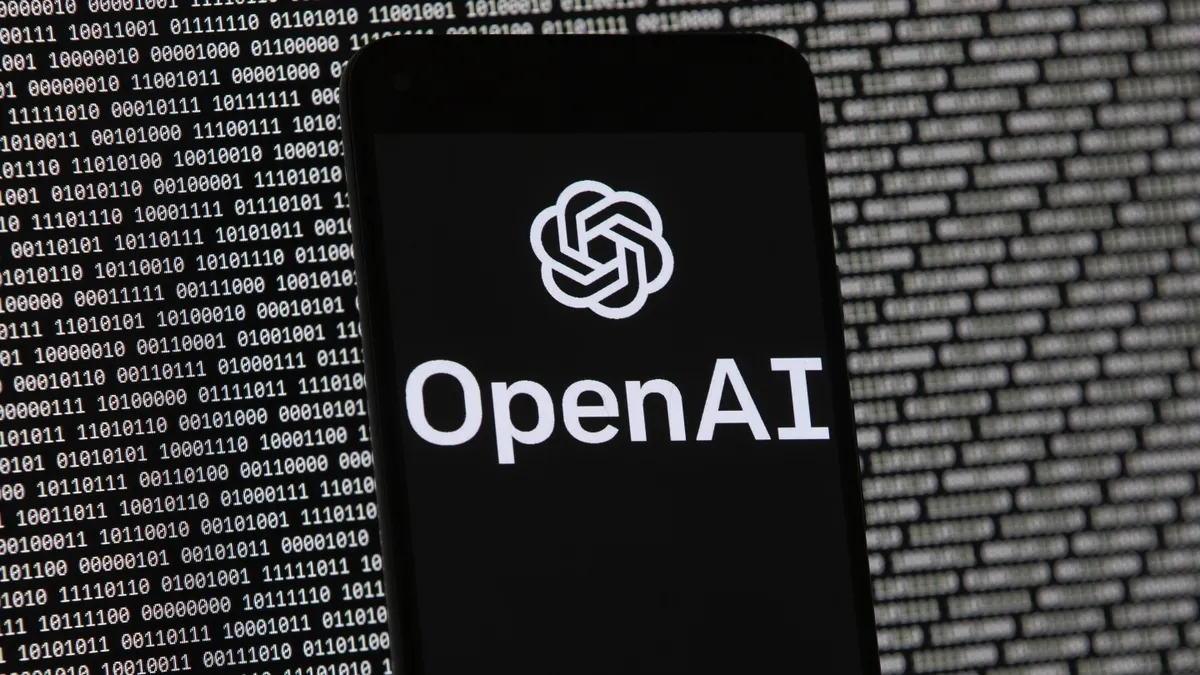
OpenAI has recently announced a significant development in its partnership with Microsoft, revealing a tentative agreement that grants its nonprofit arm a staggering $100 billion equity stake in the for-profit corporation. This announcement, made on Thursday, marks a pivotal moment in the ongoing collaboration between the two tech giants, heralding what they describe as “the next phase of our partnership.” However, the details surrounding this new arrangement have led to questions and concerns from various stakeholders, including regulators and industry advocates.
Founded in 2015 as a nonprofit, OpenAI has maintained a unique governance structure where its nonprofit board oversees its for-profit subsidiary, which is responsible for developing and marketing its innovative AI products. The introduction of a $100 billion equity stake has raised eyebrows regarding whether this investment constitutes a controlling interest in the company. The implications of this change could be profound, particularly as OpenAI continues to navigate the evolving landscape of artificial intelligence.
California Attorney General Rob Bonta recently announced that his office is investigating the proposed restructuring of OpenAI’s finances and governance. Although Bonta's office refrained from commenting on the latest agreement, they emphasized their commitment to protecting charitable assets for their intended purposes. Bonta, along with Delaware Attorney General Kathy Jennings, expressed apprehensions regarding the safety of ChatGPT following discussions with OpenAI’s legal team in Delaware. “Together, we are particularly concerned with ensuring that the stated safety mission of OpenAI as a non-profit remains front and center,” Bonta noted in a recent statement.
The partnership between OpenAI and Microsoft dates back to 2019 when Microsoft made an initial investment of $1 billion. This investment laid the groundwork for an agreement that positioned Microsoft as the exclusive provider of the computing power essential for developing OpenAI’s groundbreaking technology. Microsoft has since leveraged the capabilities of ChatGPT to enhance its own suite of AI products. In a notable shift announced on January 21, the two companies modified their agreement, allowing OpenAI to establish its own computing capacity, primarily for research and model training.
Despite the new agreement, several aspects of the partnership remain unresolved, as highlighted in their joint statement indicating that both companies are “actively working to finalize contractual terms in a definitive agreement.” The nature of these agreements is crucial, especially considering the rapid advancements in AI technology and the implications they hold for both corporations.
OpenAI’s mission has come under scrutiny, particularly with respect to its commitment to developing AI technologies for the benefit of humanity. The nonprofit board of directors, which now includes a former U.S. Treasury Secretary, is tasked with determining when OpenAI’s AI systems achieve a level of performance that could be classified as artificial general intelligence (AGI). According to prior agreements, achieving AGI would restrict Microsoft’s rights to commercialize such technology, as the existing terms only pertain to pre-AGI advancements.
Adding to the complexity of OpenAI's situation, Elon Musk, a co-founder of the nonprofit research lab, has initiated a lawsuit aimed at preventing the organization from transferring control of the company away from its nonprofit roots. Musk’s legal action argues that OpenAI has deviated from its foundational promise to develop AI that serves humanity's interests.
As OpenAI and Microsoft navigate this evolving landscape, stakeholders will be closely watching the developments in their partnership and the regulatory responses to these significant changes.